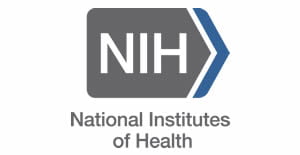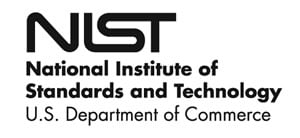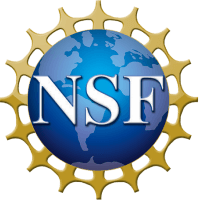RSS feed source: National Institute of Health
Implementation Update: Delayed Effective Date for the NIH Intramural Research Program Access Planning Policy
On January 10, 2025, NIH issued the Intramural Research Program (IRP) Access Planning Policy (NOT-OD-25-062) requiring organizations applying to NIH for certain commercial patent licenses to submit access plans to NIH outlining steps they intend to take to promote patient access to those licensed products. The IRP Access Planning Policy applies to license applications and licenses granted by the NIH IRP for patents wholly owned by the government.
The NIH is committed to working with organizations to ensure successful implementation of this Policy. As such, NIH is delaying the effective date to accommodate further stakeholder outreach discussion in developing meaningful access approaches and incentive for partnerships. The Policy will now apply to license applications submitted to NIH on or after October 1, 2025.
Click this link to continue reading the article on the source website.
RSS feed source: National Institute of Health
In-brief analysis
March 27, 2025
The United States exported 11.9 billion cubic feet per day (Bcf/d) of liquefied natural gas (LNG) in 2024, remaining the world’s largest LNG exporter. LNG exports from Australia and Qatar—the world’s two next-largest LNG exporters—have remained relatively stable over the last five years (2020–24); their exports have ranged from 10.2 Bcf/d to 10.7 Bcf/d annually, according to data from Cedigaz. Russia and Malaysia have been the fourth- and fifth-largest LNG exporters globally since 2019. In 2024, LNG exports from Russia averaged 4.4 Bcf/d, and exports from Malaysia averaged 3.7 Bcf/d.
U.S. LNG exports remained essentially flat compared with 2023 mainly because of several unplanned outages at existing LNG export facilities, lower natural gas consumption in Europe, and very limited new LNG export capacity additions since 2022. In December 2024, Plaquemines LNG Phase
Click this link to continue reading the article on the source website.
RSS feed source: National Institute of Health
What if a computer model could help make us healthier? Researchers at NIST and elsewhere are working to make this a reality for patients with a condition of the esophagus.
Click this link to continue reading the article on the source website.
RSS feed source: National Institute of Health
Synopsis
The World is facing “all minds needed” problems, but due to historical systemic structures, all minds have not been fully engaged. Recent research shows that science scholars who are underrepresented in STEM produce higher rates of scientific novelty, yet they do not persist in the systems where the innovation is created (Hofstra et al. 2020). Because the geosciences continue to lag other STEM fields in creating a diverse community of researchers, scholars, and practitioners, disruptive strategies and evidence-based practices are needed to recruit and specifically retain individuals who historically have not been included in geoscience education, research and careers.
The National Science Foundation’s (NSF) Directorate for Geosciences (GEO) seeks to support activities that will develop unique approaches or bring to scale current efforts to increase and sustain the inclusion of individuals from diverse backgrounds in the geoscience education and research community. Proposals that
Click this link to continue reading the article on the source website.



